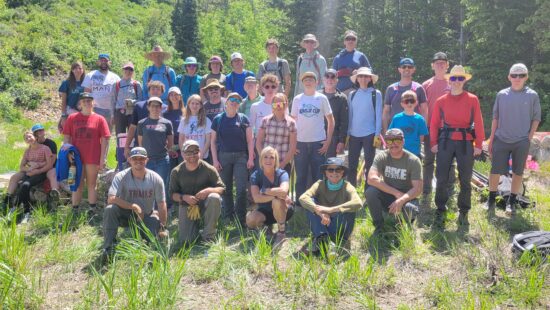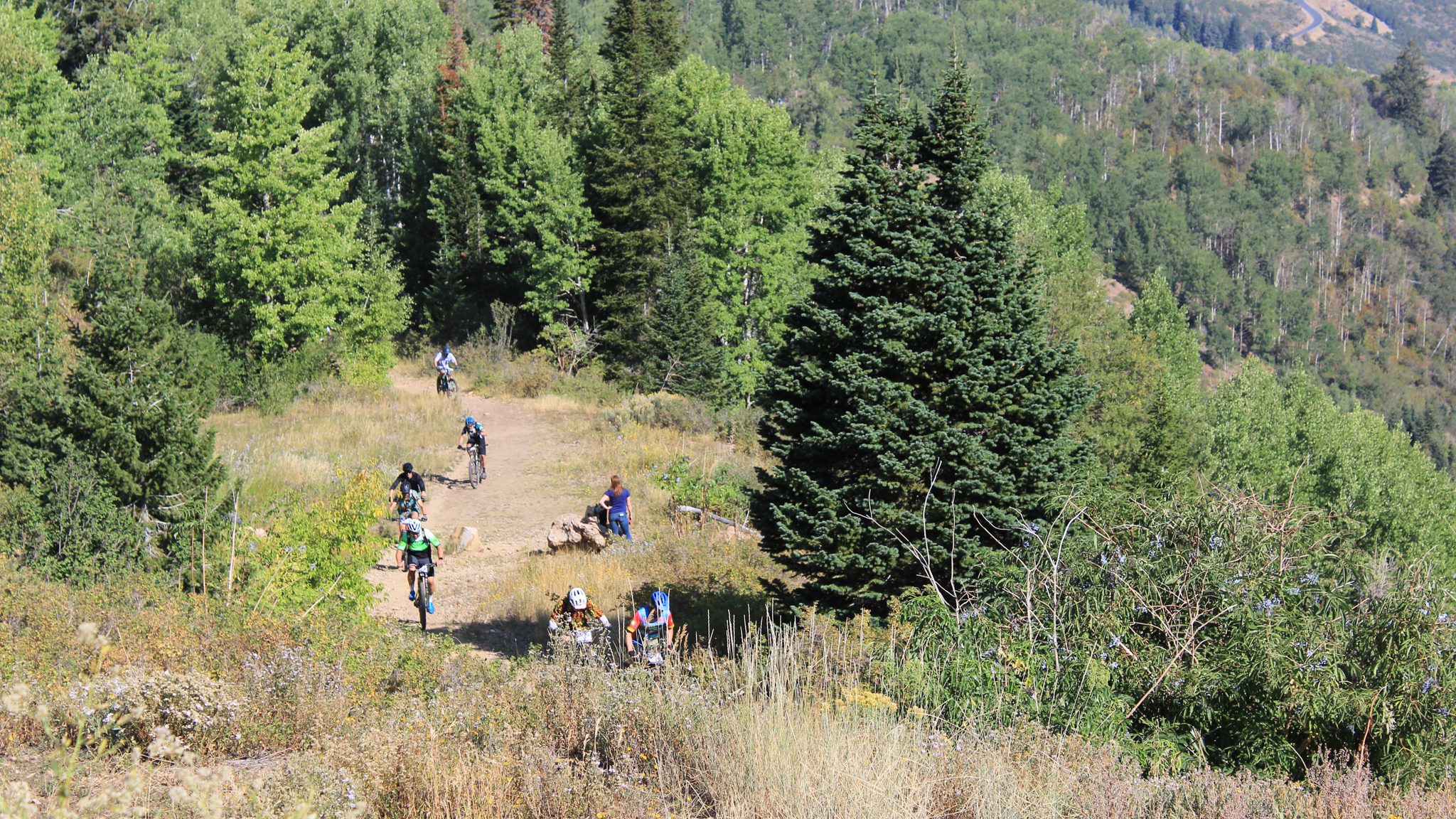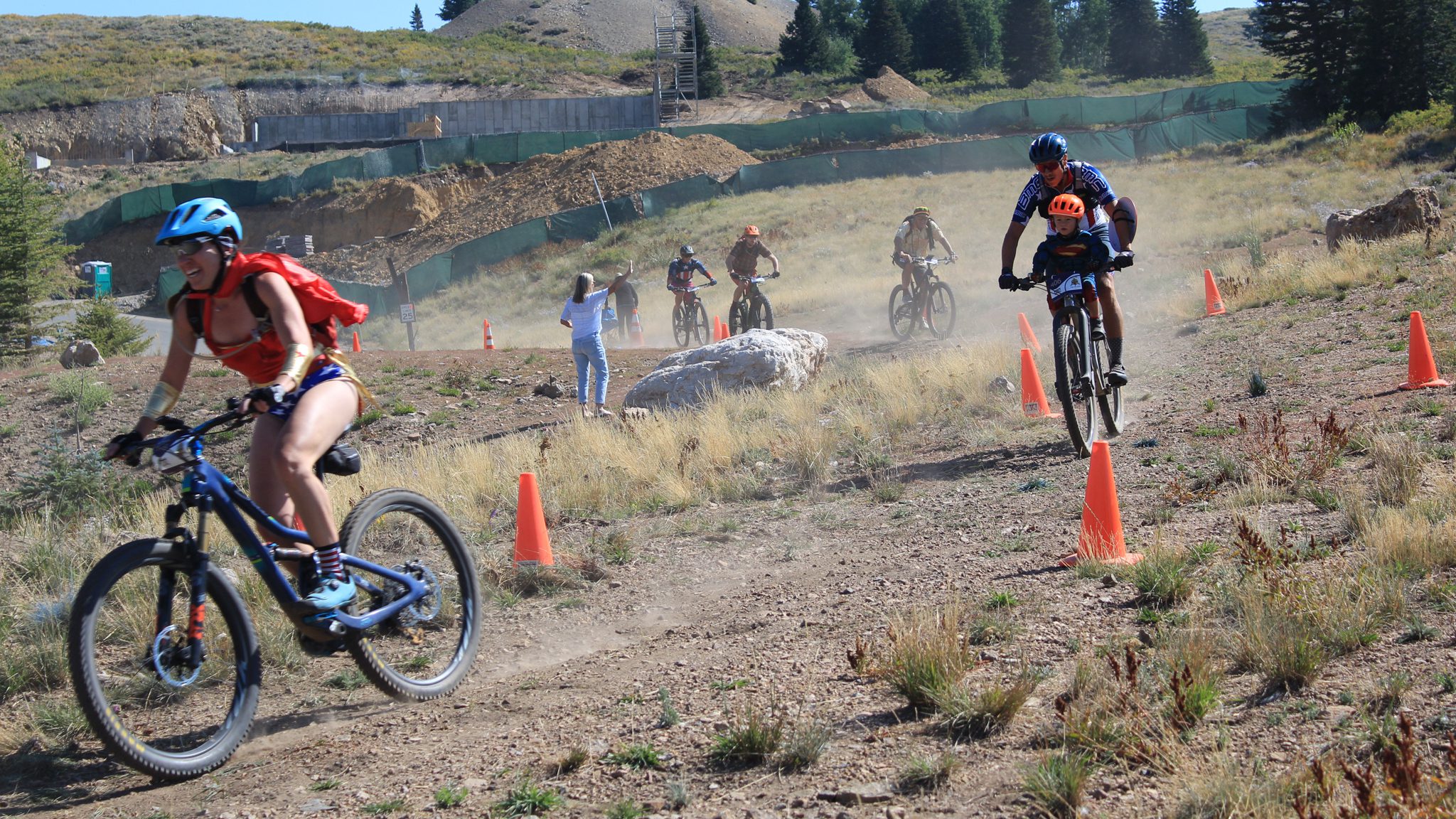NonProfit
Neighborhood Non-profit: Mountain Trails Foundation
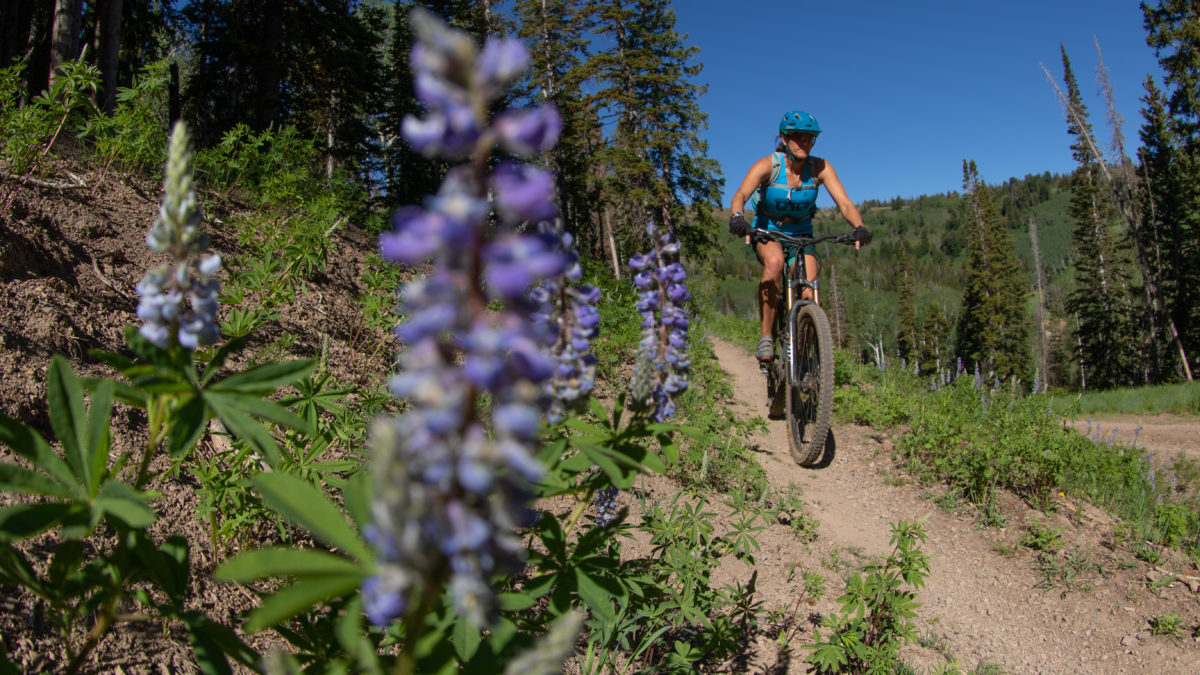
Photo: Mountain Biking Mountain Trails Foundation Trails – photo: Steven Lloyd
PARK CITY, Utah. — Mountain Trails Foundation (MTF) is gearing up to celebrate 30 years of creating, maintaining, and improving the vast network of trails that contribute to Park City’s spectacular outdoor access. When MTF launched in the early ’90s, Park City had only a few hand-cut trails on private land. MTF works with private landowners, local government entities, and developers to increase trail networks and accessibility. Thanks to MTF, Park City claims over 400 miles of non-motorized trails.
MTF creates and preserves seamless year-round trails systems by working closely with Park City Municipal, Snyderville Basin Special Recreation District, Park City Mountain Resort, and Deer Valley. In addition, they collaborate with open-space advocacy groups like Summit Land Conservancy and Utah Open Lands. These combined efforts are why Park City ranks first in the Nation for the most expansive trail network.
Lora Smith is the MTF executive director. She describes how the organization unites entities in the name of trails. “MTF is the original trail advocacy organization on the Wasatch Back – and probably one of the first in the state, if not the entire West, to quell tensions between rouge trail builders and landowners,” she explains, “The genesis of our 400-mile trail system was spawn from the collaboration between landowners/stakeholders, government, trail builders, and donors. MTF brought these parties together and created harmony.”
Lora explains how MTF creates a seamless year-round trail use experience. “To build and maintain the trails in our purview (about one-half the trail system – the other half is managed by Basin Recreation and Deer Valley/Deer Crest), we employ an 8-9 person seasonal trail crew with 3-4 of those crew members staying on year-round. We groom 35K of Nordic track and nearly 20 miles of single track in winter,” she says.
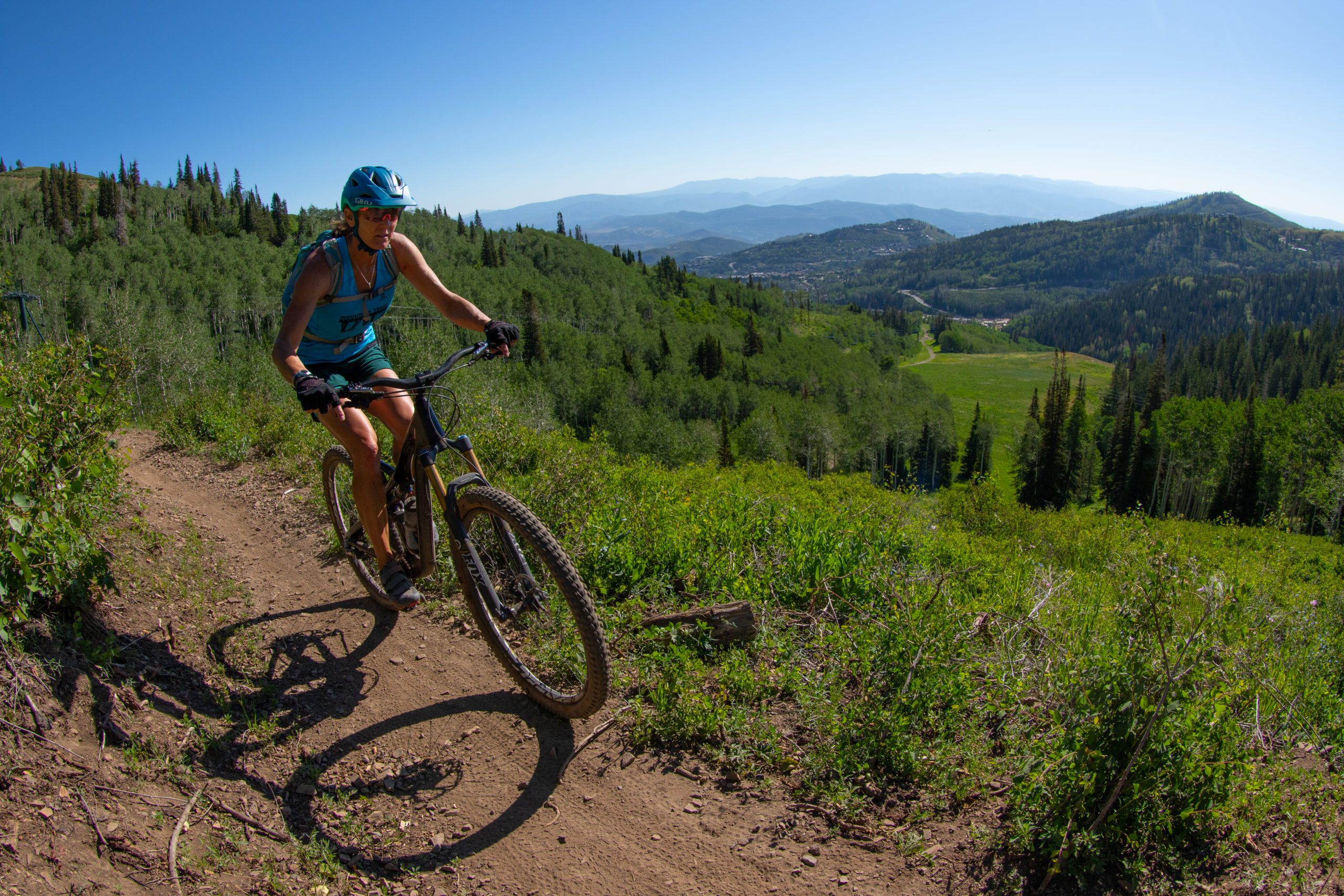
MTF anticipates growing trail usage, and they aim to enhance the trail experience by increasing specific trail use designations. “In some areas, we need more hike-only trails, and in other areas, the demand is for downhill-flow trails. Regardless of where and for whom we build trails, the strategy is leaning hard into directional and segregated trail uses,” Lora explains, “For example, a trail may be up-only for bikes but either way for hikers. Or a trail may be hike or bike only. This helps with trail longevity, increases safety, and lends to a high-quality trail experience.”
MTF relies on land trust organizations like Summit Land Conservancy (SLC) and Utah Open Lands (UOL) to ensure trail access and availability for the public. “Trails and Land Go Hand in Hand – a tagline we use to promote our partnerships with land trusts,” Lora says, “We work tightly with both SLC and UOL to develop trails for recreational access that complements the land conservation values.”
One of the essential components of trail longevity is educating trail users. From everyday locals to visitors, understanding and practicing trail etiquette are critical. “Since the pandemic drove people out of the cities, into the outdoors. We’ve seen many new trail users – which is so great. Educating all trail users on safety and etiquette is a priority. We encourage positive vibes on the trails,” Lora states.
“Trail users can help the most by being good trail users. Knowing ‘tricks of the trails’ and exemplifying the Golden Rule, taking the higher road, doing unto others, going the extra mile. . . you know, all that stuff we learned in kindergarten,” she explains.
MTF’s trail guidelines and etiquette page highlight that Park City trails are open to all members of the public. Trails are nobody’s private playground. Trail users are responsible for understanding trail etiquette like not harassing wildlife, 10 seconds of kindness, right of way, and leave no trace principles.
Dog owners play a critical role in trail stewardship. They are accountable for respecting established on-leash and off-leash areas, preventing unfriendly encounters with other dogs and trail users, and avoiding wildlife interference. A responsible dog owner practices leave no trace principles and courtesy to other trail users by cleaning up after their pet and disposing of the waste in trailhead receptacles. MTF website is adamant that dog poop is NOT part of a healthy ecosystem. Irresponsible dog owners who don’t clean up after their pets threaten trail access for all canines.
For folks who want to get involved with MTF, options include volunteering, ambassadorship, adopt a trail programs, sponsorship, and donations.















